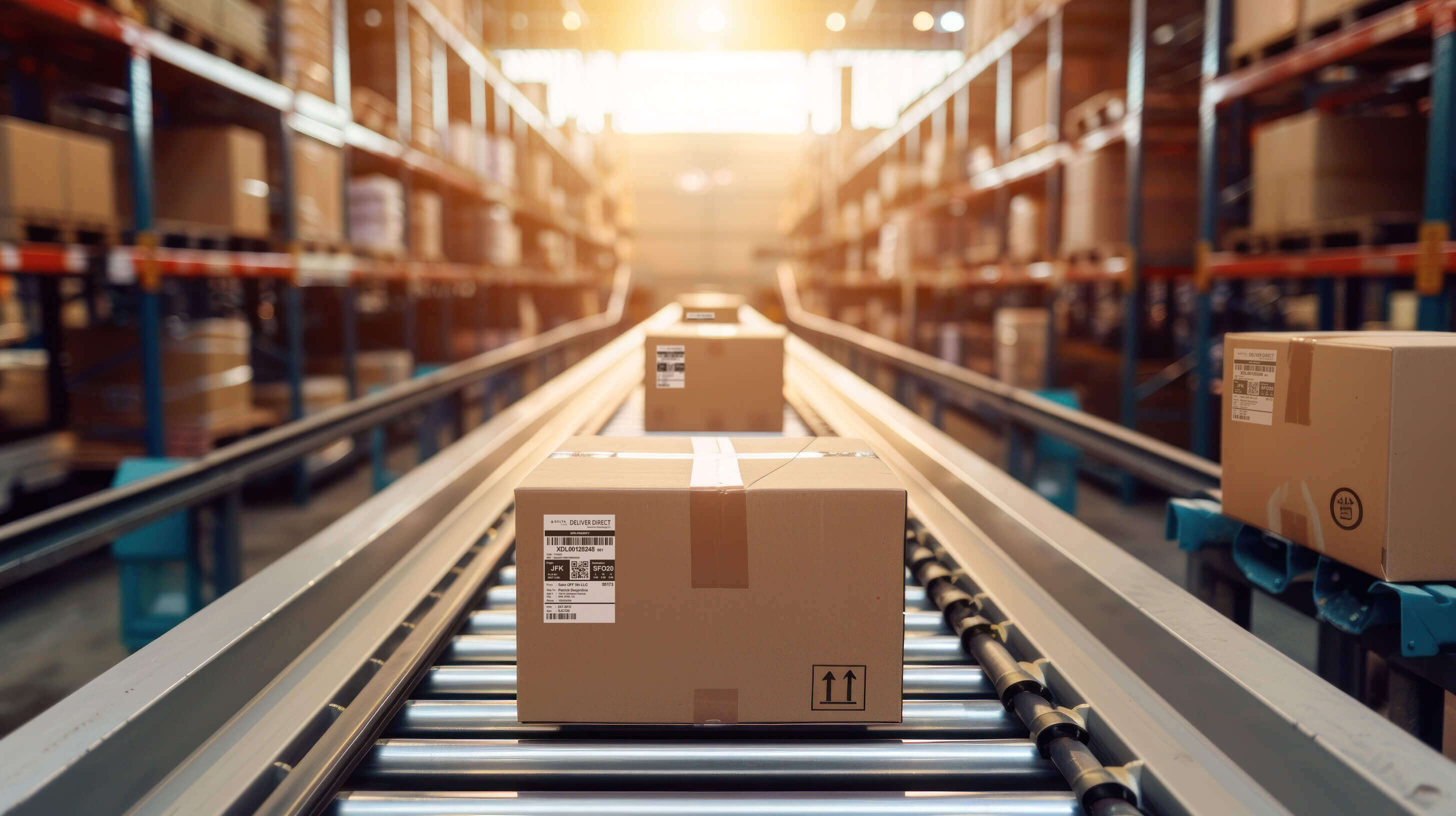
Change is Hard, but Valuable
Transformation in the logistics and small package delivery sector is a complex, multifaceted challenge that industry players grapple with daily. Despite the rapid growth of e-commerce and global trade, the transition towards more efficient, technologically advanced operations can seem like a hurdle for many companies. This difficulty arises from a variety of factors, including the sheer scale of the necessary investments in warehousing, returns management, technology, and more. However, to navigate this challenging landscape successfully, shippers must carefully evaluate their short-term needs against their long-term strategies to achieve alignment and sustainable growth.
One of the primary reasons transformation is so difficult in this sector is the significant capital expenditure required. Upgrading warehouses with the latest automation and robotics technology, implementing advanced tracking and logistics management software, and refining returns processes to be more efficient and customer-friendly requires substantial financial investment. For many small to medium-sized enterprises (SMEs), finding the capital for these upgrades can be daunting, especially in a competitive market where margins are often thin.
Moreover, the logistics and delivery landscapes are exceedingly complex, involving myriad stakeholders, regulations, and domestic standards. Navigating this complexity while attempting to transform operations can overwhelm even the most seasoned professionals. Integrating new technologies and processes into existing systems is not just a matter of plug-and-play; it requires a deep understanding of both the technology and the intricate web of logistics operations. This integration challenge is compounded by the need to maintain ongoing operations without disruption, as any downtime can lead to significant losses and customer dissatisfaction.
Another layer of difficulty comes from the rapidly evolving nature of consumer expectations and technology. Today's cutting-edge innovation may be tomorrow's outdated technology. Shippers must not only invest in current technologies but also keep an eye on future trends to ensure their investments remain relevant and effective in the long term. This foresight is critical but can be overwhelming, given the pace at which digital technologies and consumer behaviors are changing.
The complexity of managing returns illustrates the multifaceted challenges shippers face. In an era where consumers expect free, easy returns, logistics companies must find ways to handle these processes efficiently and cost-effectively, all while minimizing their environmental impact. This requires investments in reverse logistics technologies and processes that many companies struggle to implement and optimize.
Despite these challenges, transformation in the logistics and e-commerce small package delivery industry is necessary and achievable. Shippers must take a step back to thoroughly evaluate their immediate operational needs and align them with their long-term strategic goals. This strategic alignment involves identifying key areas where technology and process improvements can deliver the most significant benefits in terms of operational efficiency and customer satisfaction. By prioritizing investments in these areas, companies can make more informed decisions that balance short-term needs with long-term visions.
Furthermore, embracing a culture of continuous improvement and innovation is crucial. Companies must be willing to experiment with new technologies and approaches, learn from failures, and adapt quickly. Partnering with technology providers and participating in industry consortia can also help share the risks and costs associated with transformation.
In conclusion, while the path to transformation in logistics and small package delivery is fraught with challenges, it is manageable. By carefully evaluating their short-term needs against their long-term strategies, shippers can navigate the complexities of this transition. Strategic investments in technology and processes, coupled with a commitment to innovation and continuous improvement, can enable companies to overcome the obstacles and emerge as leaders in the new era of logistics.
The opinions expressed by the author are solely their opinions do not necessarily reflect the opinions of Delta or any of its affiliates, subsidiaries or any of their respective directors, officers, employees, agents, or representatives. The opinions expressed are based upon information the author considers reliable, but neither Delta nor its affiliates warrant its completeness or accuracy, and it should not be relied upon as such.
RECENT POSTS
Peak Season 2025 (US): Capacity to Spare, Tariffs to Watch, and Carriers to Re-think
September 12, 2025
The Wall Street Journal: Your Next Online Purchase Could Be Delivered by Delta Airline now offers door-to-door delivery
July 29, 2025
Honoring the Unsung Champion: The Impact on Small Parcel Shippers and Their First, Mid, and Last-Mile Partners During Peak Season
December 03, 2024
The Impact of Factory-to-Consumer (F2C) and Direct-to-Consumer (D2C) Selling on the U.S. Small Parcel Delivery Market
November 19, 2024
How E-commerce Shippers Can Navigate GRI During Peak Season
November 06, 2024